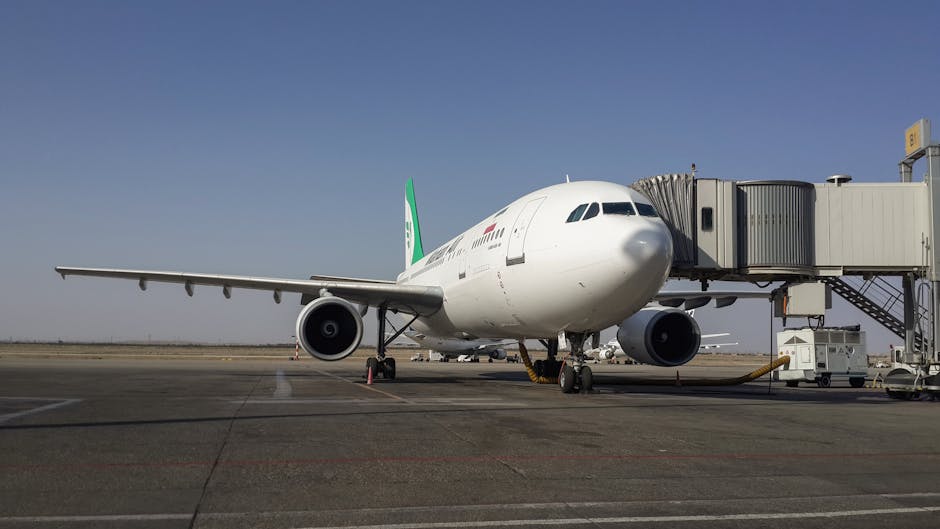Iran Ends Nuclear Programme Restrictions as JCPOA Expires
In a move that has reignited global concerns over nuclear proliferation, Iran has announced the termination of restrictions on its nuclear programme, citing the expiration of the 2015 Joint Comprehensive Plan of Action (JCPOA). The announcement marks a significant escalation in Iran’s standoff with Western powers and raises fears of a potential arms race in the Middle East.
Background: The 2015 Iran Nuclear Deal
The JCPOA, commonly known as the Iran nuclear deal, was designed to curb Iran’s nuclear activities in exchange for sanctions relief. However, the agreement has been in limbo since the United States withdrew unilaterally in 2018 under the Trump administration. Despite efforts by other signatories, including the European Union, Russia, and China, negotiations have repeatedly stalled over unresolved issues, such as Iran’s demand for permanent sanctions relief.
Expiration of JCPOA’s Sunset Clauses
Iran’s latest declaration comes as the JCPOA’s “sunset clauses” began to expire earlier this month. These clauses had imposed temporary restrictions on Iran’s uranium enrichment levels, stockpile sizes, and the use of advanced centrifuges. With their expiration, Iran claims it is no longer bound by these limitations, effectively freeing it to expand its nuclear activities.
Iran’s Statement and International Reactions
“The restrictions on Iran’s peaceful nuclear programme have been terminated as per the terms of the JCPOA,” said Iranian Foreign Ministry spokesman Nasser Kanaani. He emphasized that Iran’s actions are “fully in line with its legal rights” and accused Western nations of failing to uphold their commitments.
The announcement has drawn swift condemnation from the international community. The United States warned of “serious consequences,” describing Iran’s actions as “provocative.” European leaders, including EU foreign policy chief Josep Borrell, expressed deep concern, calling the development a threat to regional and global security.
Concerns Over Iran’s Nuclear Ambitions
Iran has long maintained that its nuclear programme is for peaceful purposes, such as energy production and medical research. However, recent actions have fueled suspicions of nuclear weapons development. Reports from the International Atomic Energy Agency (IAEA) indicate that Iran has significantly increased its uranium enrichment levels, with some samples reaching up to 60% purity—close to the 90% required for weapons-grade material.
Regional and Global Implications
The expiration of the JCPOA’s restrictions raises questions about the future of nuclear diplomacy in the Middle East. Analysts warn that without a renewed agreement, the risk of military confrontation between Iran and its adversaries, including Israel and the United States, could increase.
Domestic Reactions in Iran
Iran’s decision has been met with mixed reactions domestically. While hardliners have hailed the move as a victory for national sovereignty, others have expressed concern over potential economic fallout. The reimposition of U.S. sanctions has already taken a heavy toll on Iran’s economy, and further isolation could exacerbate financial woes.
What’s Next for Nuclear Diplomacy?
As the international community grapples with Iran’s announcement, the path forward remains uncertain. While some experts advocate for renewed negotiations, others believe the JCPOA’s framework is no longer viable. The termination of restrictions on Iran’s nuclear programme poses a significant challenge to global efforts to prevent the spread of nuclear weapons.




